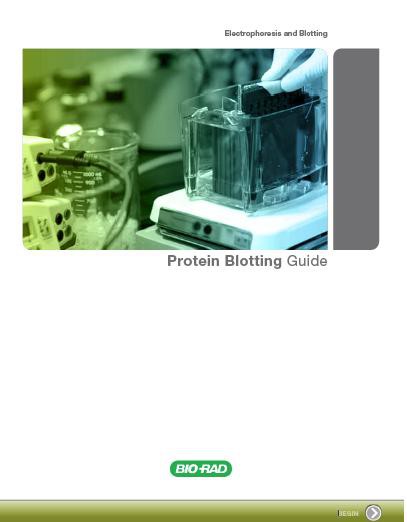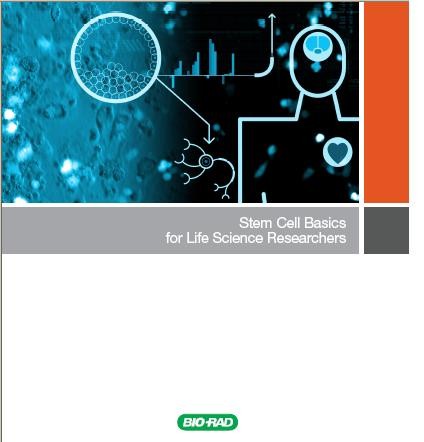Most scientists live by the motto “the more knowledge the better.” We spend the majority of our careers, (and maybe even our lives), trying to understand the biological mechanisms involved in every facet of life and we will never be satisfied as long as there is more science to discover. However, in some circumstances, too much knowledge can be harmful.
In a study recently conducted by scientists at Yale University and published in the Proceedings of the National Academy of Sciences, researchers found that when clinicians read descriptions of patients whose symptoms were explained using information that focused on either genetics and neurobiology, their level of empathy for the patient actually decreases.
According to Matthew Lebowitz, lead author of the study
Overemphasis on biology to explain psychopathology can be dehumanizing by reducing people to mere biological mechanisms
Two of the most important qualities that patients look for in physicians are competency and compassion. While competency is often a function of knowledge and understanding of mechanisms of disease, doctors must be careful not to allow that knowledge dampen their compassion towards their patients.
For more information visit For docs, more biology info means less empathy for mental health patients
















